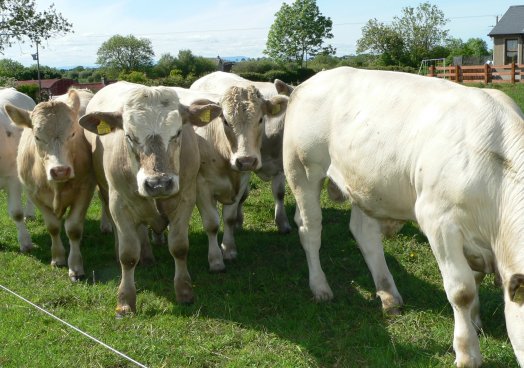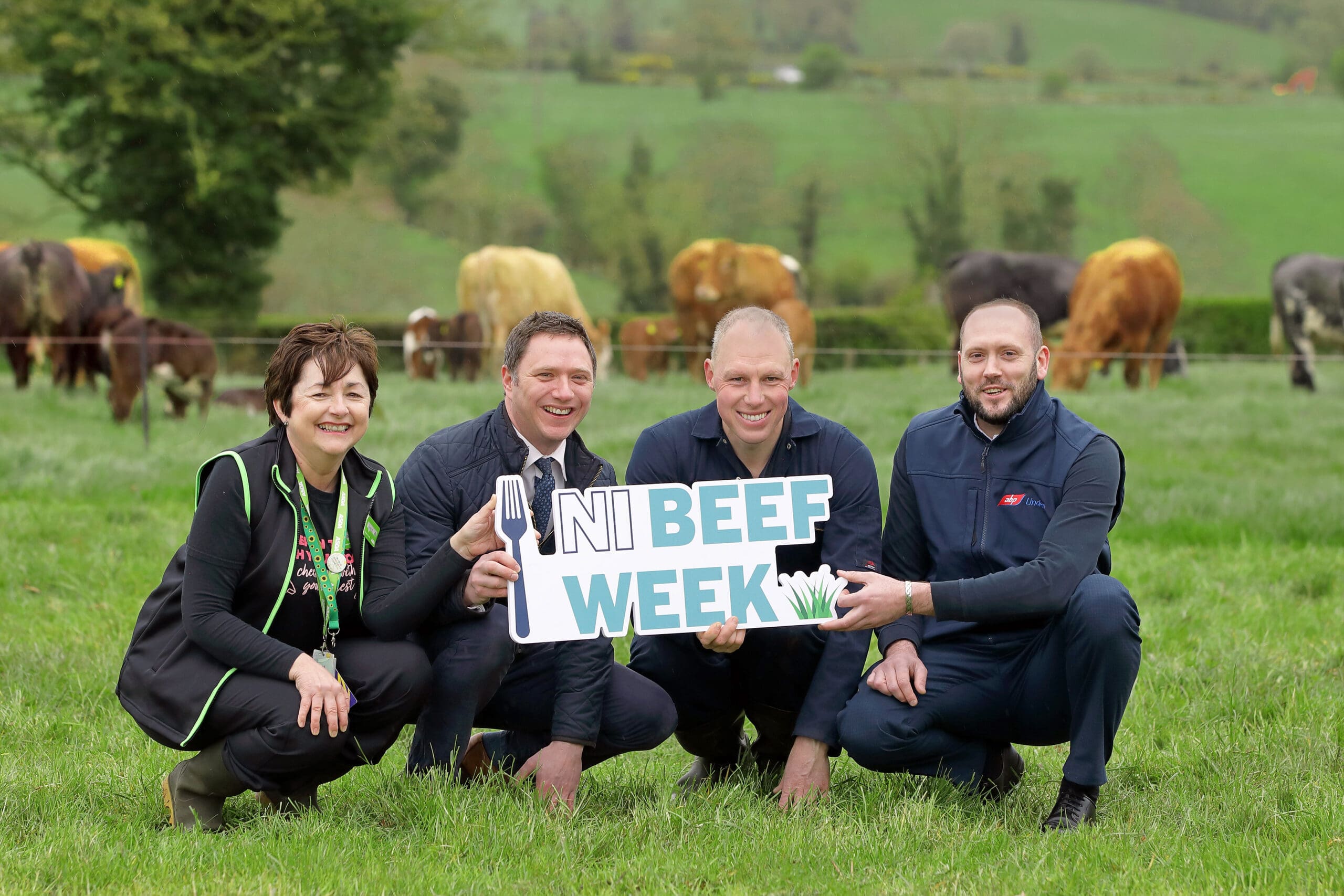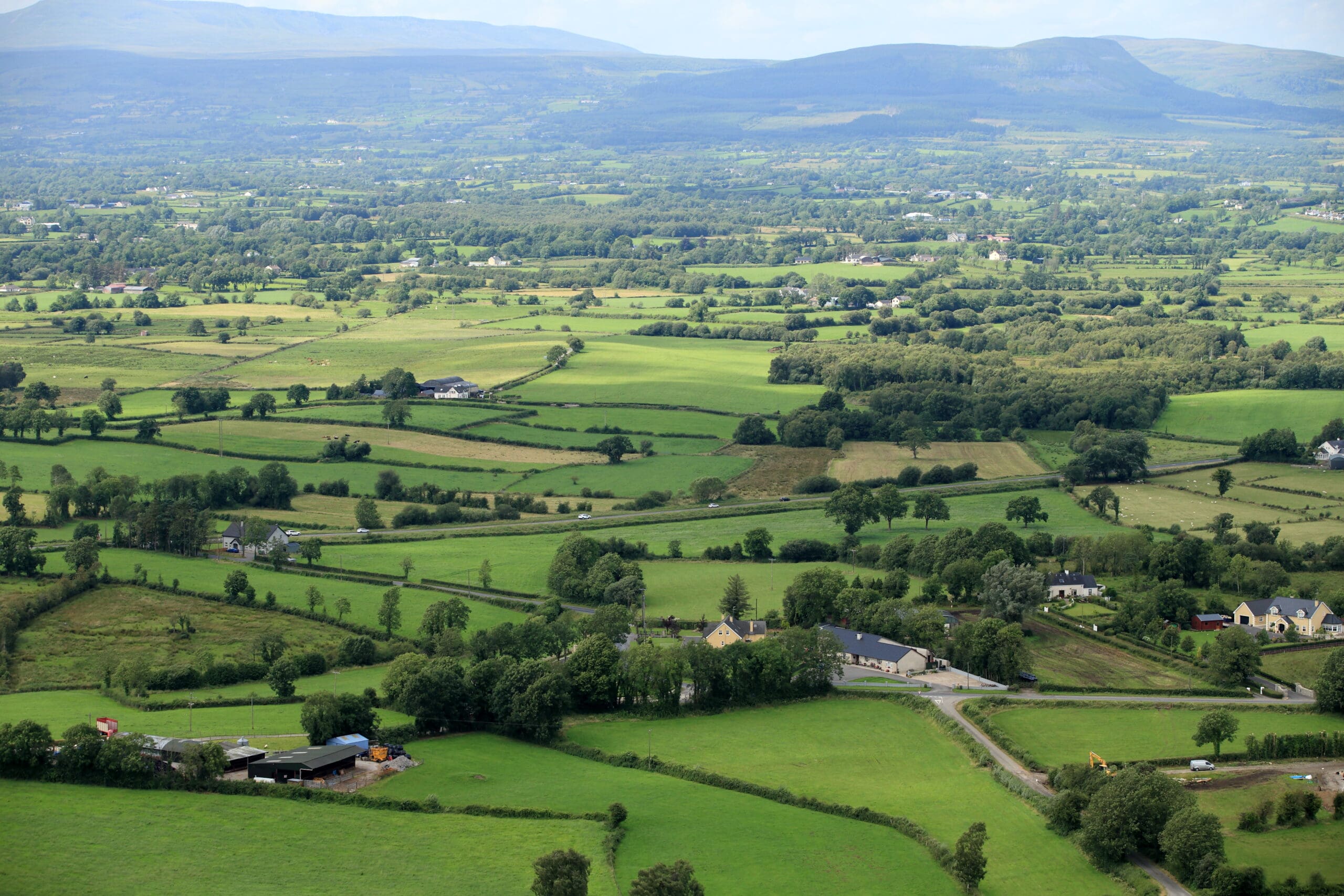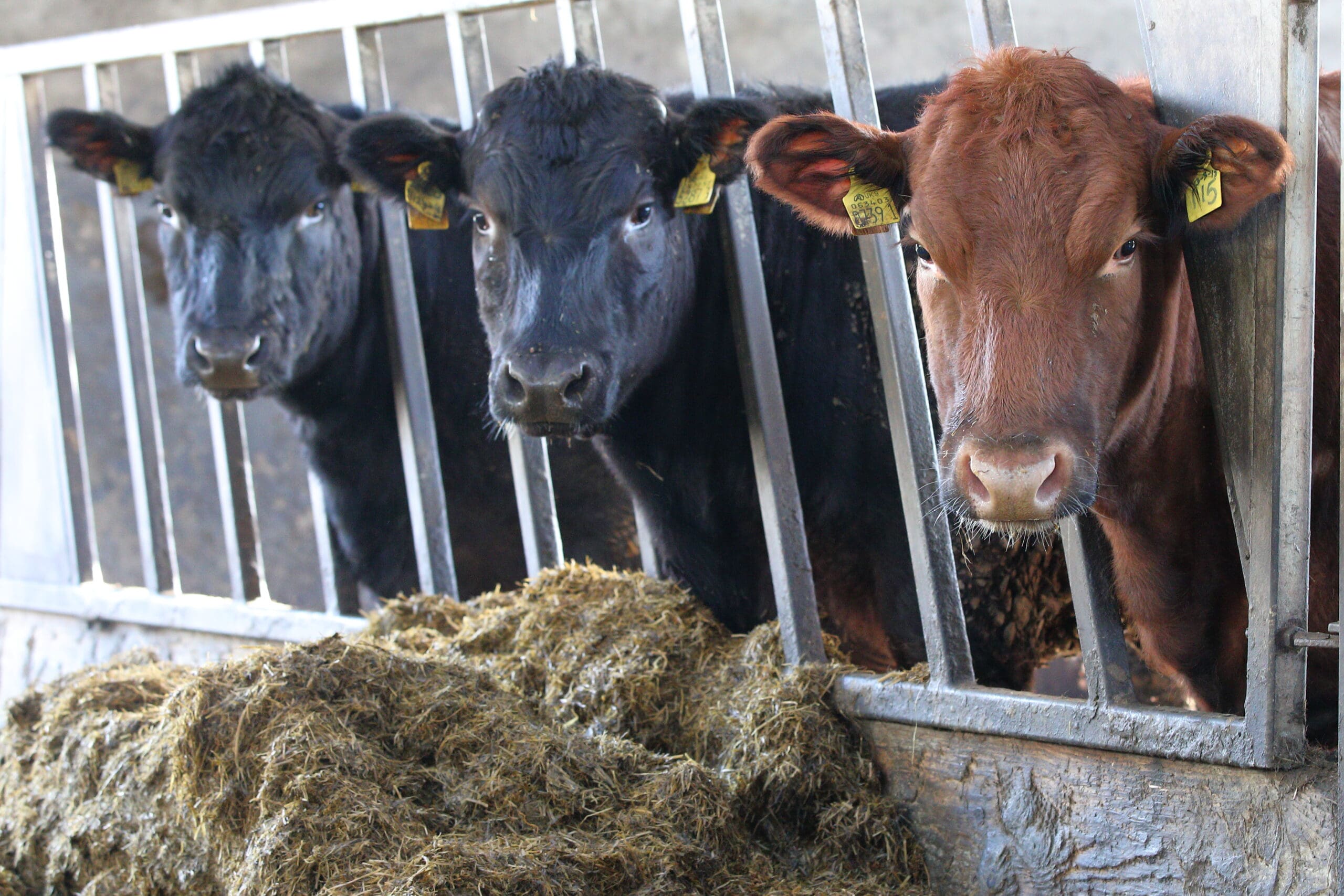
With beef prices at their lowest level since last September, UFU Deputy President Ivor Ferguson has said that the industry needs to better understand the volatility currently in the market so that efforts can be made to mitigate against further damage in the future.
UFU Deputy President Ivor Ferguson said, “Since the ‘Horsemeat Scandal’ two years ago, the beef market has seen some considerable changes both with prices and specification. The huge demand for UK farm assured beef which followed the scandal took prices to record levels of 400p/kg, which is realistically the bare minimum price producers need to have any chance of making a margin which will allow them to re-invest and develop their business. However the dynamics in the market changed last spring and we seen a major collapse in prices. Over the last 12 months we have once again seen this trend replicated and with quotes at 310p/kg this week, these are not only causing huge losses for producers but also making it extremely difficult for anyone to manage their business.
“Data produced recently by Eblex showed that within the 5 year average beef price, returns to farmers never really altered by much more than 40p/kg over the course of the year. However in the last 2 years we have seen massive swings in price of anywhere up to 80p/kg. These trends typically show that beef prices improve going into the autumn but steeply decline as we approach summer. Something over the last two years has dramatically changed the dynamics of the UK market to create this level of volatility. It is clearly not sustainable and I don’t think it is any surprise that a lot of farmers are strongly questioning the merits of winter finishing. I think there is now an urgent need for the industry to take a good look at why this level of volatility is happening and put in place a plan of action to help farmers mitigate against the extensive damage this volatility is causing.
Ivor Ferguson continued, “We are still heavily reliant on the UK market and as long as this is our most valuable market this is likely to continue. However farmers are not convinced that enough is being done by Government to ensure that maximum resources are available to assist with work to open up new markets which undoubtedly can play a part in trying to reduce the existing volatility we are having to deal with. And if we look within the UK market itself, if consumer trends have changed in the last two years then retailers, processors and those Government funded organisations that represent the red meat sector have a job to better explain this to farmers so that they can produce what the market wants at the right time and ensure it gets a fair chance of being promoted properly. I know a lot of farmers are increasingly concerned about the level of resources available in Northern Ireland to promote red meat compared to neighbouring regions and until we have a well resourced single marketing body acting on our behalf, then farmers will continue to question how serious Government is about supporting this important industry.”




